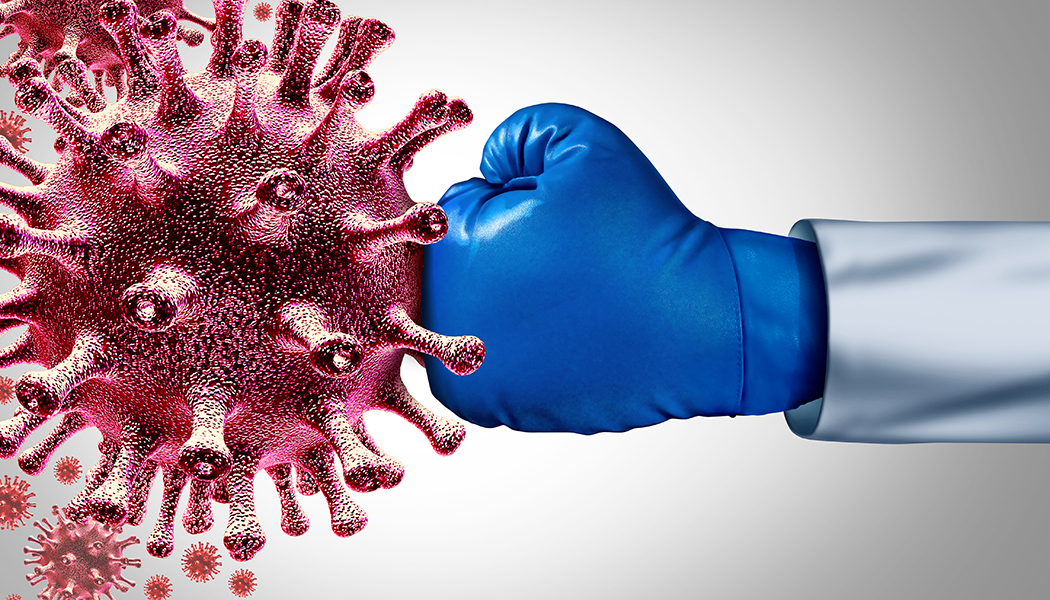There has been speculation about when in the coronavirus disease 2019 (COVID-19) pandemic we will be able to live with the virus in a manner that does not disrupt most peoples’ lives. Much of this discussion has focused on herd immunity thresholds. As commonly understood, herd immunity thresholds are reached when a sufficient proportion of the population is vaccinated or has recovered from natural infection with a pathogen such that its community circulation is reduced below the level of significant public health threat. For example, this threshold has been met with polio and measles circulation in the United States. However, severe acute respiratory syndrome coronavirus 2 (SARS-CoV-2), the virus that causes COVID-19, is so different from polio and measles that classical herd immunity may not readily apply to it. Important differences include the phenotypic stability of polio and measles viruses, and their ability to elicit long-term protective immunity, compared to SARS-CoV-2. For these and other reasons, controlling COVID-19 by increasing herd immunity may be an elusive goal.
The Concept of Classical Herd Immunity May Not Apply to Covid-19




